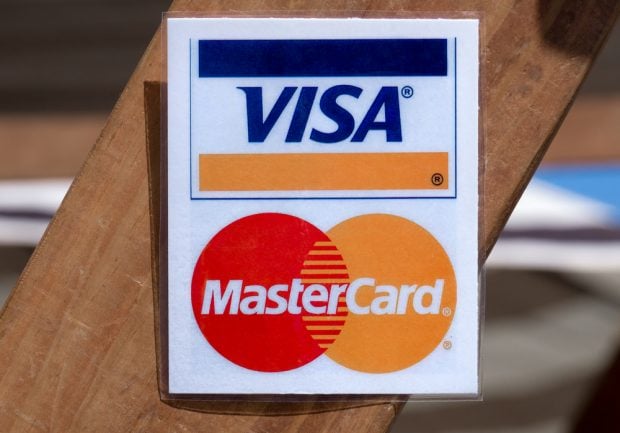Judge Richard Leon's opinion overturning the Federal Reservedebit interchange regulations could mean credit unions have todouble the number of payment networks represented on their debitcards.
|Under the current and now invalidated regulations, debit issuershave to place two unaffiliated payment networks on each debit card.In practice that has usually been a major card brand's network andone other.
|Related:
- Judge Throws Out Fed's Debit Cap
- CUNA, NAFCU Assail Ruling
- Aug. 14 Hearing Set on CapRuling
- Financial Researchers Rate Chances of Appeal
- Judge Gives Fed One More Week
But in his 58-page opinion released Wednesday, Leon declaredthat this requirement does not meet what the Durbin Amendmentactually requires.
|“The (Federal Reserve) Board's interpretation of (theamendment's network exclusivity section) cannot be reconciled withthe plain meaning or spirit of the statute because it still allowsnetworks and issuers to make only one network available for manytransactions,” the judge wrote.
|“Indeed, by the Board's own admission, several commontransaction types still cannot be authenticated using the PINmethod, leaving signature debit the only available option. … Thisresult cannot be reconciled with Congress's goal of providing allmerchants with a choice between multiple unaffiliated networks forevery transaction.”
|Leon then proceeded to examine and dispute each of the FederalReserve's three main reasons it said it used to choose theexclusivity provisions, including its citation of the “logisticalburden” on the payment system required by adding a total of fourunaffiliated payment networks to each card.
|“That might be the case,” the Washington-based juristwrote of the possible difficulty, “but the law does notimpose those burdens. In fact, the Durbin Amendment does notspecify how the Board should go about achieving the statute'srequirement.”
|He then cites a comment letter the Federal Reserve received andpublished during the process leading up to the final rule whichsuggested the regulator require networks to allow PIN networks toprocess signature transactions, provided they are willing to acceptthe risk of chargebacks.
|“In other words, the Board could have required networks to allowcross routing of signature and PIN transactions, thereby ensuringthat each debit card had multiple unaffiliated dual message networkoptions on which every type of debit transaction could beprocessed,” Leon wrote, adding, “The Board chose instead to adopt adifferent approach – one that, unfortunately, is inconsistent withthe statute.”
Complete your profile to continue reading and get FREE access to CUTimes.com, part of your ALM digital membership.
Your access to unlimited CUTimes.com content isn’t changing.
Once you are an ALM digital member, you’ll receive:
- Critical CUTimes.com information including comprehensive product and service provider listings via the Marketplace Directory, CU Careers, resources from industry leaders, webcasts, and breaking news, analysis and more with our informative Newsletters.
- Exclusive discounts on ALM and CU Times events.
- Access to other award-winning ALM websites including Law.com and GlobeSt.com.
Already have an account? Sign In
© 2024 ALM Global, LLC, All Rights Reserved. Request academic re-use from www.copyright.com. All other uses, submit a request to [email protected]. For more information visit Asset & Logo Licensing.









